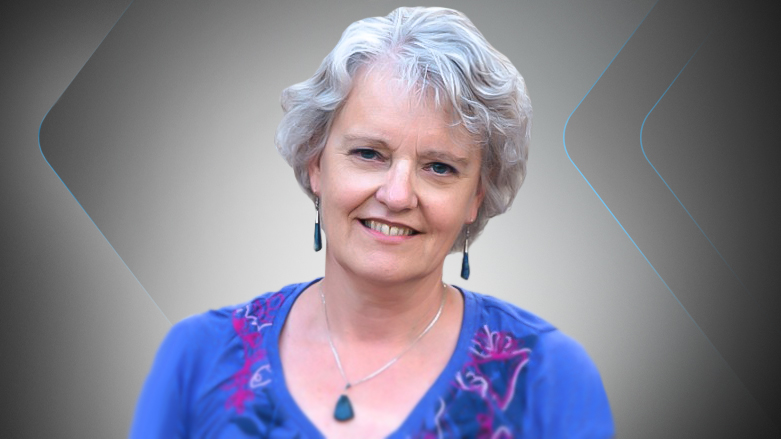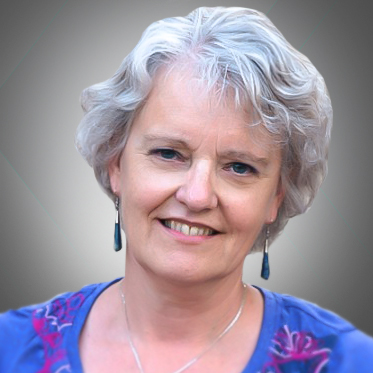Who lets a 4-year-old die of a broken heart?

A 4-year-old recently died of a broken heart and became an icon in the Kurdistan Region. But his death is a matter of neglect and inadequate health care, not of martyrdom.
He only lived to be four. Bryar, the son of a Kurdish security officer who died last month in an Islamic State attack near his hometown of Kifri, died himself last week. The cause was a broken heart, or so his family says, because he was deeply attached to his father.
It is a story that has touched the people of Kurdistan: they are drawn to the idea of a child who refuses to live after his beloved father dies so that he can be reunited with him in heaven. He is honored, the way martyrs and all those who die fighting injustice are honored. For families, it is an honor when a member dies fighting for his country, and honor still plays a major role in everyday life in Kurdistan, where portraits of those who fell fighting the Islamic State can be seen at checkpoints and along highways.
That must be why no one in the Kurdistan Region seems able to ask the question: how is it possible in this age of good health care and health knowledge for a relatively healthy 4-year-old to simply die?
The child was best friends with his father. He talked to him daily through video chat when he was away for work and was deeply depressed when he died. According to the child’s uncle Jalal, the problems started when they took him to see his father’s grave. “We told him his father was buried there, but that his soul had gone back up into the sky. He became very frail after that, and his appetite diminished. He just kept saying, ‘Leave me alone. Let me die too.’”
Is a 4-year-old even capable of making a connection between not eating and dying to rejoin someone in heaven? How did that thought enter his head? And why did nobody try to get it out again?
The reasons why must lie, at least partly, in Kurdish mourning traditions. In many places in Kurdistan, after a funeral, a tent is built outside the family home. The family spends long hours in it, the Imam reads from the Quran and talks about the deceased while paid mourners wail loud lamentations, and family and friends – but also near-strangers – come by to share their condolences. Mourning is never private. The family is too busy looking after and feeding the visitors to try and cope with their loss.
Children sit and watch the adults talk and cry. And it is even worse in the area where Bryar lived near the Iranian border, according to my Kurdish colleague Sazan Mandalawi, who is from there. “Funerals are heartbreaking, destructive, physically and mentally torturous. Women do ‘hoorah,’ which tears your heart apart and kills you alive. Full of negative energy.” And: “Now imagine a child sitting through these services after losing one of their parents. It’s a traumatic experience.”
Funerals in the Khanaqin/Mandali area are heartbreaking, destructive, physically& mentally torturous. Women do 'hoorah' which tears your heart apart & kills you alive. Full of negative energy. I wish some religious leaders there pave the way for healthier funeral services.
— Sazan M. Mandalawi (@Sazan_Mandalawi) August 25, 2019
Bryar, who had diabetes, began refusing his meals after his father’s death and died of a stroke three weeks later. The family rushed him to the hospital when he complained about pain in his shoulder, and his mother saw foam around his mouth. He died there two days later. The Kurdish Deputy Prime Minister, Qubad Talabani, phoned the director and told him to do all he could to save the boy, even to send him abroad if necessary, but to no avail.
I am impressed Talabani made the call. He must have been one of the few who saw beyond the romantic notion of a broken heart and concluded that something unacceptable was going on.
I am trying to understand how it is possible Bryar’s family did not turn to a doctor for help. Even an illiterate and mourning mother must have seen that things were going to end badly—especially for a vulnerable kid with diabetes. Normally, Kurds will rush to the casualty ward of their local hospital with any minor complaint. Since, in the Kurdistan Region and Iraq, the family is involved in everything, how come nobody sounded the alarm in time? Was it because they all felt the boy was meant to die?
That, at least, was the message put out by local Kurdish media. Namo Abdulla, the head of Rudaw’s Washington desk, described in a tweet how everything changed for the child after his father’s death. “He was always sad. Kept thinking about dad laying in a grave beneath dirt. He barely ate anything. He died today.”
The 4-year-old kurdish boy was perfectly healthy, his family says. That was until his father was killed by #ISIS a few weeks ago. Then everything changed. He was always sad. Kept thinking about dad laying in a grave beneath dirt. He barely ate any thing. He died today. pic.twitter.com/gre6I0lh0N
— Namo Abdulla (@namo_abdulla) August 25, 2019
Political scientist Shivan Fazil was one of the few dissenting voices. He pointed out: “Sensational and unprofessional media coverage, along with crocodile tears not only causes and perpetuates psychological harm but it also leaves no space and room for debate, soul-searching and inquiries, and hence pushing towards a forgoing conclusion that he was meant to die.”
Time & again, sensational & unprofessional media coverage, along w/ crocodile tears not only causes & perpetuates phycological harm but it also leaves no space & room for debate, soul-searching and inquiries, & hence pushing towards a forgoing conclusion that he was meant to die.
— Shivan Fazil (@ShivanFazil) August 26, 2019
We need to investigate the causes of this young death, even though I can predict the outcome: the family was insufficiently aware of the dangers diabetes poses for a small child and the effect stress could have on him. A doctor will be blamed for not providing them with enough information, but when Bryar arrived at the hospital, it was already too late: the damage could not be undone.
But there is a lot more to it. Some adults in Kurdistan know very little about illnesses, and they cannot search the internet, as many of us might, for more information about health because there is insufficient content in Kurdish. The poor education system is also to blame, as is a health system that has still to catch up with the developed world, even after 25 years of Kurdish autonomy.
And then there is the culture: the long and traumatic funeral ceremonies, the martyr worship, and the lack of empathy for a child who has to listen to the adults speak when he should receive the attention and the love he needs to come to terms with a painful loss. In Kurdish culture, children educate each other, as parenting is still in the process of catching up with modern trends.
At the same time, there are all those strange contradictions: in the Kurdistan Region and Iraq, everybody loves children, pulls them onto their laps, hugs and cuddles them, and gives them sweets and presents. But adults hardly seem to realize that children have a soul of their own in need of attention. It is normal for a child to grieve after losing a parent, but that does not mean they should be allowed to starve to death because nobody helps to make their pain bearable.
Little Bryar died in a country where death is a frequent visitor. Where resistance, struggle, and heroism go hand in hand with martyrdom. He is considered a martyr because he died of a broken heart. But with a little more love and care, he could have lived a full and happy life.
Judit Neurink is a journalist and author who lived in the Kurdistan Region for 10 years until recently. She is an Iraq correspondent for numerous Dutch and international media.
The views expressed in this article are those of the author and do not necessarily reflect the position of Kurdistan 24.
Editing by Karzan Sulaivany
